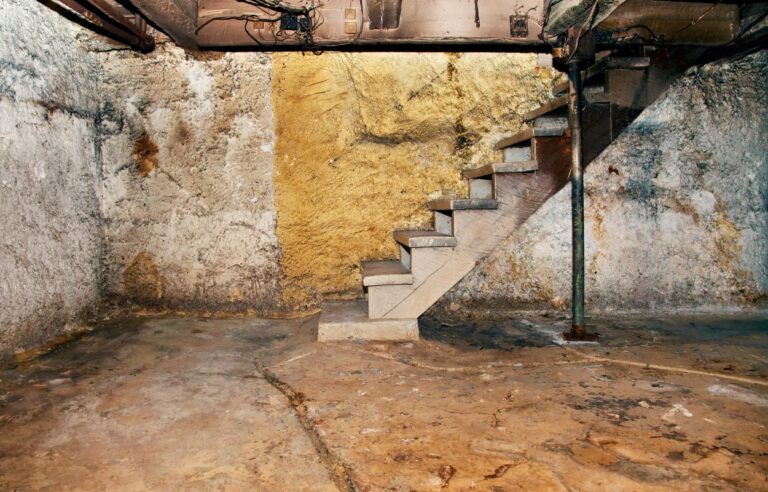
Demolition is a process often associated with progress and development, as old structures make way for new ones. While demolition can pave the path for urban renewal and revitalization, it also has a profound impact on the local communities affected by these changes. This blog post explores the various aspects of the impact of demolition on local communities, presenting case studies and offering potential solutions to mitigate the negative consequences.
ECONOMIC DISRUPTION: CASE STUDIES
Demolition projects can have significant economic implications for local communities. Disruption in business activities, loss of jobs, and reduced foot traffic are some of the common challenges faced by local businesses during and after the demolition process. Case studies from cities like Detroit, Michigan, and Glasgow, Scotland, reveal the adverse economic consequences of demolishing large sections of neighborhoods without careful planning. It is crucial for policymakers and developers to consider alternative strategies, such as phased demolition or adaptive reuse, to minimize economic disruption.
CULTURAL HERITAGE LOSS: PRESERVING THE PAST
Demolition often results in the loss of cultural heritage and the erasure of a community’s history. Historic buildings and landmarks hold immense value, both architecturally and socially, and their demolition can sever the ties that a community has with its past. For instance, the demolition of Penn Station in New York City in the 1960s sparked a widespread preservation movement. Examining case studies like these helps highlight the importance of preserving culturally significant structures through adaptive reuse, historical documentation, or community-led initiatives.
SOCIAL DISPLACEMENT: THE HUMAN COST
One of the most significant impacts of demolition is the displacement of residents and the subsequent disruption of social networks. Low-income communities are particularly vulnerable to displacement, as they often lack the financial resources and support systems to cope with the upheaval caused by demolition. Case studies from cities like Vancouver, Canada, and Mumbai, India, underscore the importance of implementing relocation plans, affordable housing provisions, and community engagement strategies to mitigate the negative social effects of demolition.
ENVIRONMENTAL CONSIDERATIONS: BUILDING SUSTAINABLE FUTURES
Demolition activities can have far-reaching environmental consequences. The disposal of construction waste, air and noise pollution, and the carbon footprint associated with demolition contribute to environmental degradation. Case studies from cities like Amsterdam, Netherlands, and Portland, Oregon, demonstrate the potential for sustainable demolition practices, including recycling and reusing materials, reducing emissions through technology and process improvements, and promoting green construction alternatives.
COMMUNITY EMPOWERMENT: PARTICIPATORY APPROACHES
Empowering local communities and involving them in decision-making processes is crucial for mitigating the negative impacts of demolition. Case studies from cities like Barcelona, Spain, and Wellington, New Zealand, showcase successful examples of community-led initiatives, participatory planning, and inclusive development models. By prioritizing community input, fostering collaboration between stakeholders, and providing opportunities for engagement, the adverse effects of demolition can be minimized, and a sense of ownership and pride can be fostered.
Demolition, while necessary for progress and development, has wide-ranging impacts on local communities. By examining case studies from around the world, we can learn from both the successes and failures of previous demolitions. To mitigate the negative consequences, it is essential to prioritize economic stability, preserve cultural heritage, address social displacement, adopt sustainable practices, and empower communities through participatory approaches. Through careful planning, collaboration, and an inclusive mindset, we can ensure that demolition projects contribute positively to the growth and well-being of local communities.





